Pneumonia is a respiratory infection which can cause mild to life-threatening illness in people of all ages.
In 2019, it claimed the lives of 2.5 million people around the world.
For World Pneumonia Day, P&J journalist Louise Glen, of Oban, speaks about her own recent experience of falling ill with the infection – and the surprising technique she found to help her recover…
I am recovering, slowly, from my last terrible bout of pneumonia.
It is something that many will wash over as a kind of cold, or serious flu virus – and I hope that is your experience of it, sincerely.
For me it was much worse.
Covid-oke
I had Covid in March. I caught it on my first real outing to a birthday party – and I called it Covid-oke, because I caught it while singing my lungs out at a friend’s 60th.
I was moderately ill with Covid and, as I later found out, my lungs and respiratory system were weakened.
I got back to some sort of normality by July and was back cycling. In the days before I contracted pneumonia in September, I cycled 37 miles.
I was back to some sort of normal.
My partner who is 12 years younger than me (just saying he is strong – not boasting), caught a virus at his work. It had floored all of his strong colleagues he works with.
I thought nothing of it, and we went about our daily life.
I then caught it. It was the worst infection I have ever had.
After about a week I could not get a breath, I was genuinely struggling to walk the length of myself.
When I did walk, it was like I was in a very narrow tunnel and walking backwards.
My heart was racing, and I was as unreasonable as anyone could possibly be.
Pneumonia infection: Body, mind and spirit
The way my body works has a direct impact on how my mental health works…as you are about to read.
My partner had taken me to see the GP.
The GP said that he should probably admit me to hospital – and I convinced him that with good antibiotics and painkillers I would be better in no time.
He said: “Go straight to the hospital if you feel worse.”
I always feel like I am wasting the time of the amazing staff in the hospital in Oban. I feel like they have so many more important things to do.
If you think that is madness, this is when the crazy stuff starts.
I came out of the doctor’s and could not see my partner waiting for me in the car park.
In my head I wondered if I had even been dropped off by him. So, I left.
In what I can only describe, as feeling like a fairground attraction in those massive colourful clown shoes, I walked to the chemist. The 100 yards seemed like a lifetime away.
But I was angry about something, so I was determined to do it.
I then stood for, what felt like, three days waiting for my prescription. I cannot remember what the chemist said to me. But I could feel my eyes rolling in my head.
I left, and the chemist ran after me along the street, asking ‘are you ok?’.
I said ‘yes’ as though his question was unreasonable. My heart was pounding.
I am telling you this, not for sympathy – or to receive some sort of martyr’s medal – but to give relief to those who are caring for people who are ill, and unreasonable. It is not you.
I came home and went to bed. When I woke up, I was struggling to breathe, and I now had pain in my arms.
This all sounds terribly dramatic, I am sorry. I genuinely hate drama.
I drove myself to the hospital.
The hospital did blood work, took my stats and found that – as the doctor had said earlier – that I was very ill.
I had scans and queried a blood clot on my lungs. All in all, I was poorly, I had pneumonia.
‘Menopause pneumonia’
Since then, I have struggled to get well. I call it menopause pneumonia as my body no longer has the elasticity to bounce back.
At times I have struggled to walk, I am using two types of inhaler and I am pushing myself most days.
When your lungs are sore, your whole body is sore, even your cognitive function. Nothing works quite right.
Without the science lesson – my lungs at times feel like a washed-out dish towel that I am trying to use as a birthday balloon.
I feel like I cannot get enough air into them.
I do not smoke. I only drink when I am in the company of my choir and at a Mod.
‘My lungs can’t take the drink’
I met a woman in the shops recently, someone I knew from my days as a world-class champion high jinks drinker. She said: “I am just in for a bottle of gin”.
I said: “I have given up.”
She looked shocked.
“My lungs can’t take the drink.”
She looked at me as if I was daft. “What’s a G&T got to do with your lungs?” she asked.
“Everything,” I said.
Alcohol is bad for my lungs. When I don’t drink my breathing is better.
Again, this is just my citizen science assertion.
I talk about lung health to people now.
I have started to randomly shout “look after your lungs” to people I love, as I leave them.
Pneumonia has taught me just how much I need them.
Sing people, sing
We started this journey with Covid-oke, and it is with singing that I would like to end.
When you sing you take lots of air into your lungs and you have to learn to release it slowly – or you will not finish the phrase.
That is an incredibly good thing to learn before you are being filmed on BBC, but that’s another story.
When I was a young mum, studying journalism, I taught singing to people. I used to say “treat your lungs as though they are bagpipes”.
With that I mean, draw a huge breath in and practice slowly letting it out again. Just like the piper. Like any muscle, the lung – even in that wet dish towel state, has capacity for improvement.
By building capacity – bit by bit, you can build up your lungs again, and be ready to sing.
You will sing again, if you put your mind to it – and by doing so, it will make you well again.
Since it was only a few months since pneumonia, I was worried that I would not be able to sing by the time it came to the Royal National Mod in October.
I practiced with my wee mousey squeaky voice to begin with, building it up and on the day of the competition – I sang.
I sang my lungs out!
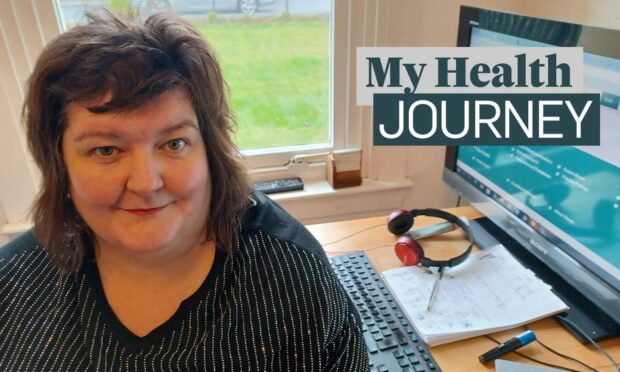
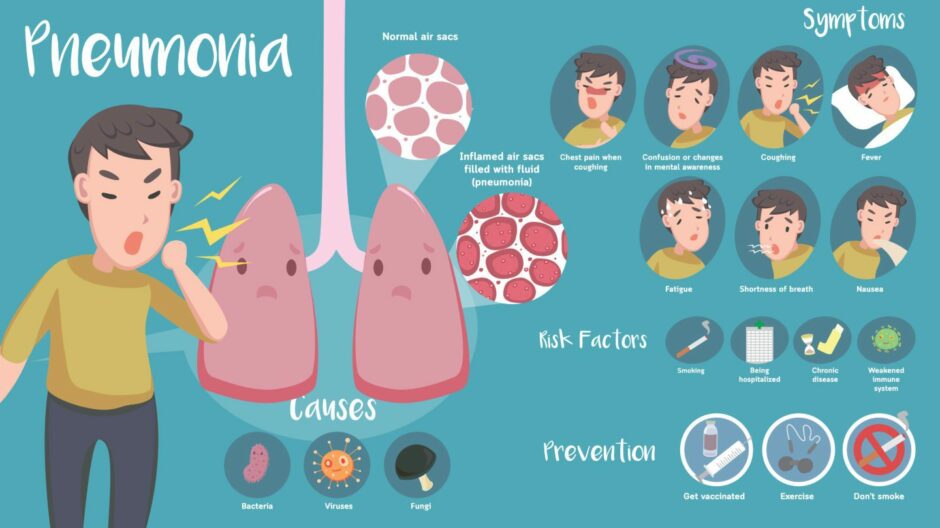
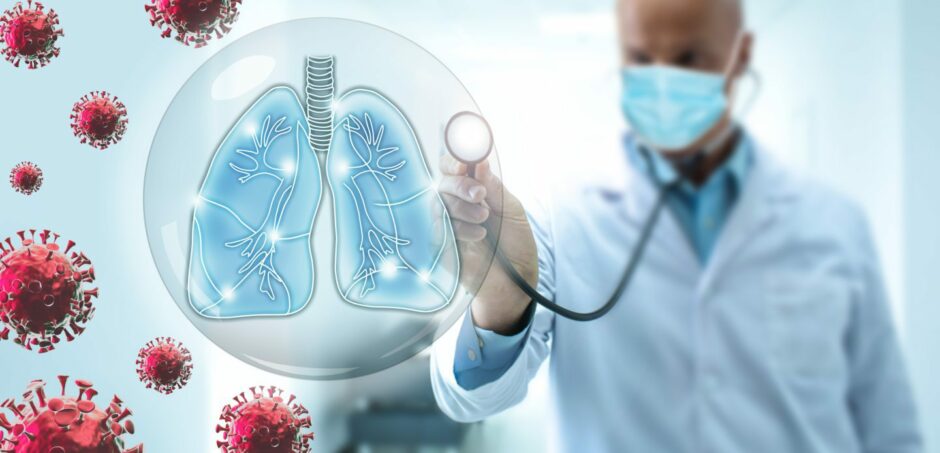
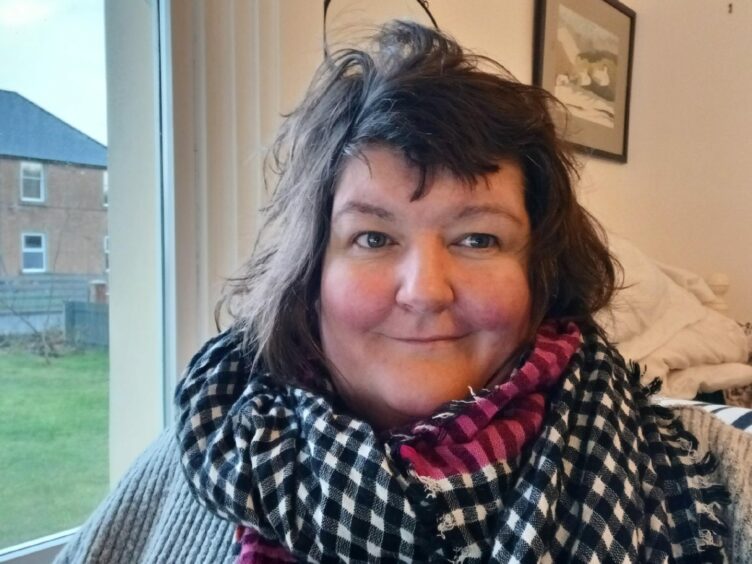
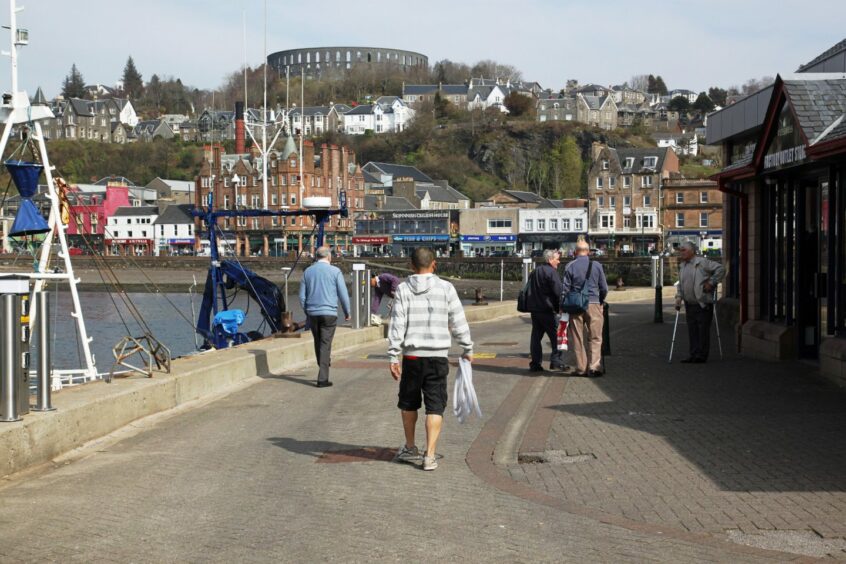
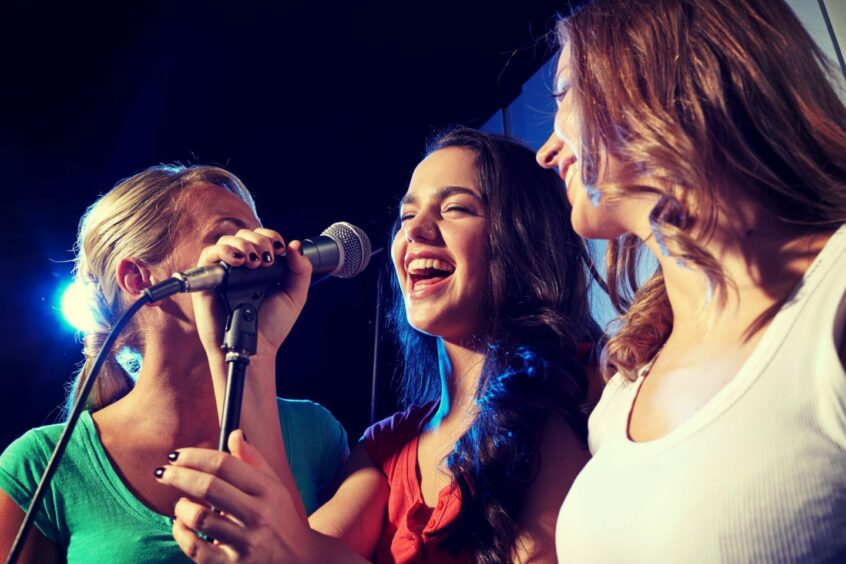
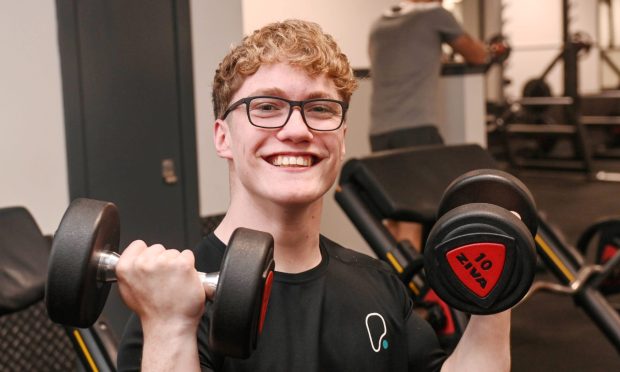
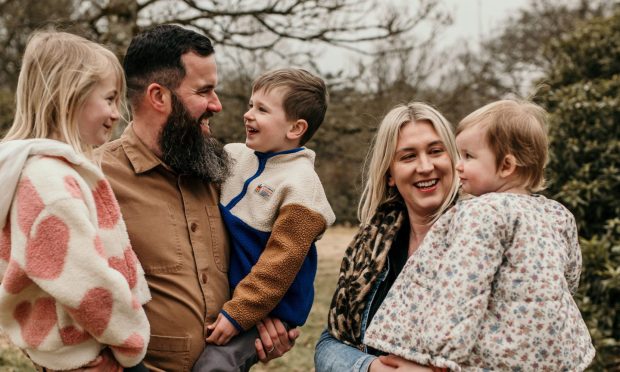
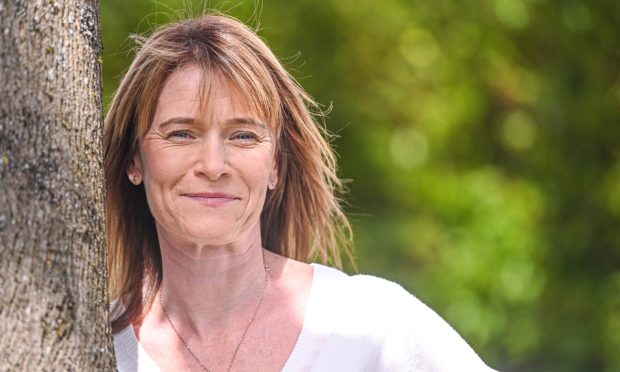
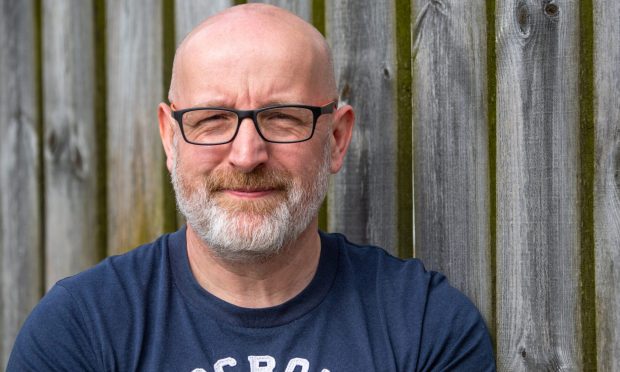
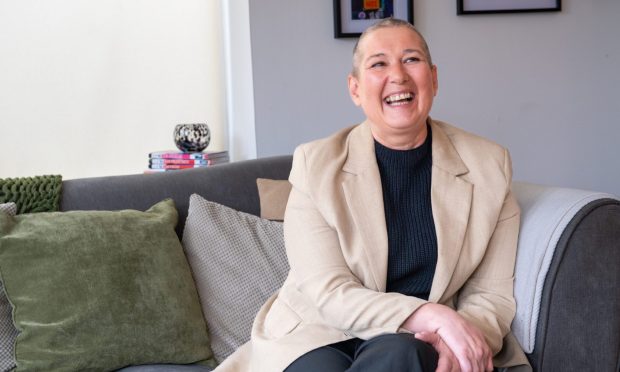
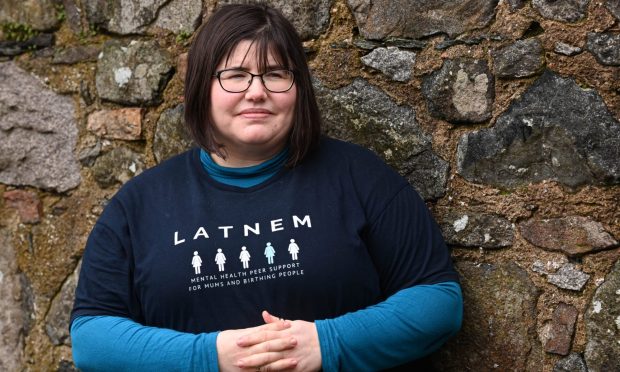
Conversation